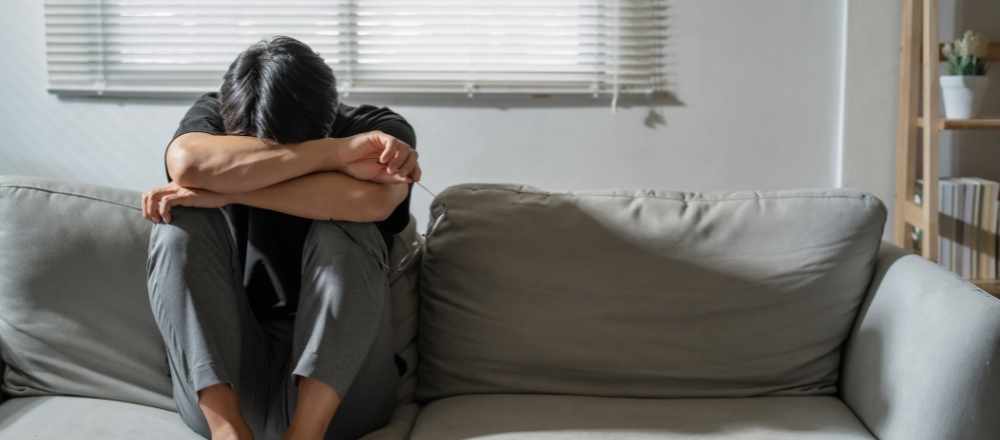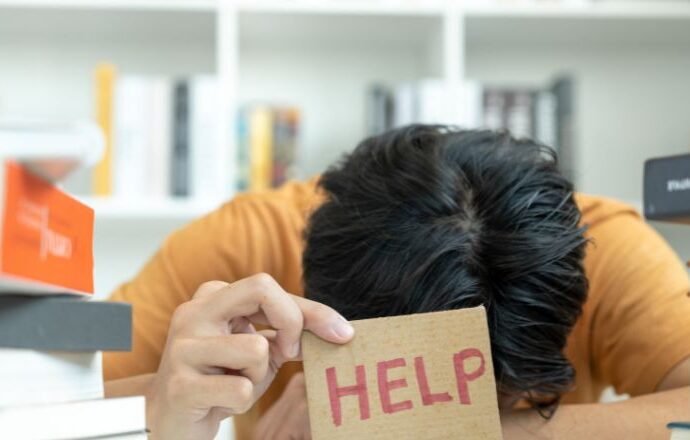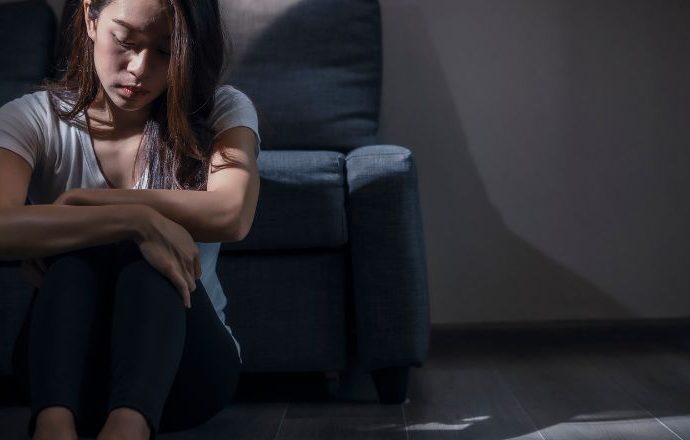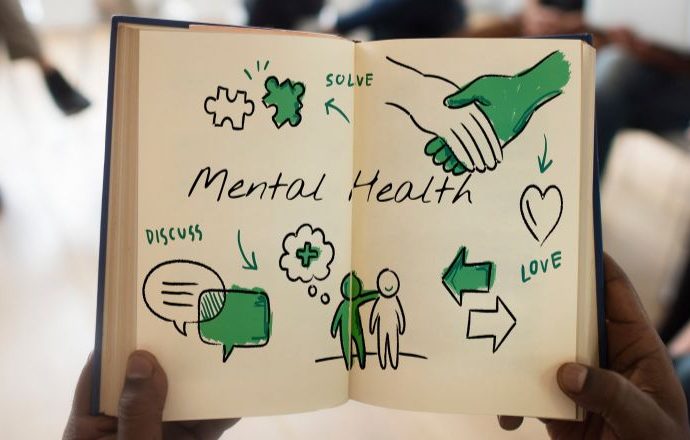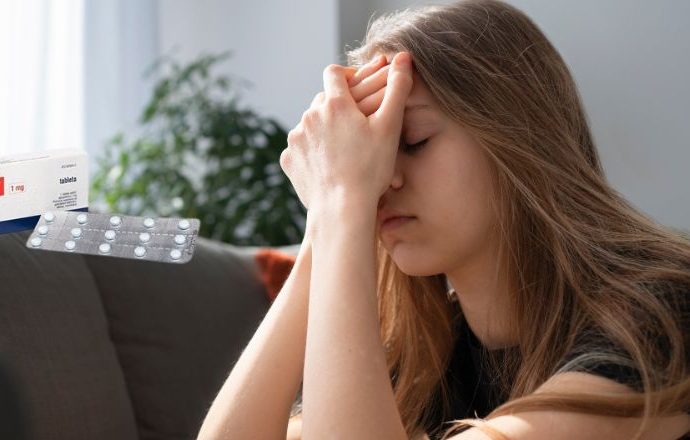Our head is filled with worry and heart is pounding as we sit here. We understand what it’s like to lose yourself in worry. It’s a big burden which is inexplicable to express. You can feel exhausted from lack of sleep or stuck in your fears. Sometimes, medication might provide some relief from the grip of anxiety. However, there are many unknowns and complications associated with the drug used to treat anxiety. There are ups and downs to it which is different in every case. Anxiety medications can ease difficult emotions and ideas. These might result from issues like panic episodes, generalized anxiety, or social anxiety disorder. However, they are not a panacea.
They may not address the underlying causes of your worry and may even create their own issues. It’s critical to examine the various medications and their applications. Then, for genuine transformation, combining them with other forms of therapy is essential.
Important Takeaways
- While medication may temporarily alleviate the symptoms of anxiety, it is not a permanent solution. It may come with hazards and problems of its own.
- For a comprehensive strategy to treating anxiety, verbal therapies and medicines must be combined.
- Making informed decisions is aided by understanding the many types of anxiety medications, their mechanisms of action, and their benefits and drawbacks.
- Consult a medical professional for guidance before incorporating medication into your anxiety management strategy.
- It’s a good idea to monitor how the medication affects your body and adjust as necessary.
It is also importance to notice that the anti-anxiety medicine you use should be able to support your daily balanced life by improving sleep, improving concentration, and enhancing concentration. As all these aspects are required for the improvement of professional and personal lives.
1. Improved Sleep
The inability to fall asleep is one of the most frequent complaints of anxious people. A vicious cycle of tension and exhaustion may result from this.
Cortisol, a stress hormone that has been demonstrated to interfere with sleep, might rise as a result of anxiety. For this reason, anxious persons frequently have problems falling or keeping asleep, and they may wake up feeling exhausted and unrested. Additionally, there is some evidence to support the idea that anxiety and restless nights may reinforce one another. nervous people may start to have greater difficulties sleeping, and those who have trouble sleeping may start to feel more nervous. You can interrupt that cycle and receive the rest you require with the help of medication.
2. Enhanced Energy
Fatigue and low energy are common symptoms of anxiety disorders. This is due to the fact that anxiety severely damages the neural system of the body. You may fight off that lethargy and have more energy to go about your life with the help of medication. Because they bring the body back into equilibrium, anxiety drugs can help boost energy levels. They function by assisting in the reduction of stress hormone production, which permits the body to recuperate and rejuvenate. Additionally, certain anxiety drugs have stimulant qualities that can assist boost energy levels rapidly.
3. Improved Concentration
It can be hard to concentrate on anything else while you’re anxious. Anxiety can cause blood pressure and pulse rate to rise, which can make one feel overpowered or uncontrollable. It may be challenging to concentrate on anything else because of this distraction. A lot of people who suffer from anxiety also suffer from OCD or another anxiety illness, which can make it even harder for them to concentrate on their work. Cortisol production is suppressed when someone takes medication for anxiety. They are better able to focus and pay attention to the work at hand as a result.
Use Of Medication With Other Treatments For The Support Of Balanced Life
Medication is frequently the initial step toward laying the groundwork for future therapies that will be more successful. Your mood can be stabilized and you can get the energy and concentration you need to engage in therapy and other treatment methods with the help of anxiety medication. And that is among the greatest advantages of all!
1. Lifestyle Changes
Anxiety can also be decreased by other lifestyle modifications like physical activity, relaxation methods, and a balanced diet. A lot of people discover that a mix of these factors suits them the best. To alleviate the symptoms of anxiety, a person can, for instance, take anxiety medication and then attend therapy to address the root causes. To lessen their anxiety, they might also alter their lifestyle by doing things like working out more frequently. Anxiety can be significantly impacted by even little lifestyle adjustments. Additionally, the outcomes can be even more remarkable when paired with therapy and medicine.
2. Therapy
Understanding the underlying causes of your anxiety and creating constructive coping strategies are two things that therapy can assist you with. As you attempt to control your anxious emotions, it can also offer you support and direction. Additionally, therapy can offer people support and direction as they develop coping mechanisms for their anxiety. This is being able to handle stressful situations, confronting unpleasant feelings and thoughts, and creating constructive coping strategies. Additionally, it aids in self-discovery and confidence building. Anyone who suffers from anxiety may find this useful as it gives them a sense of greater control over their lives.
Note: Consult your general practitioner about seeing a specialist if therapies aren’t working. They may recommend various treatments or drugs that are specifically designed for you to support balanced daily life.

